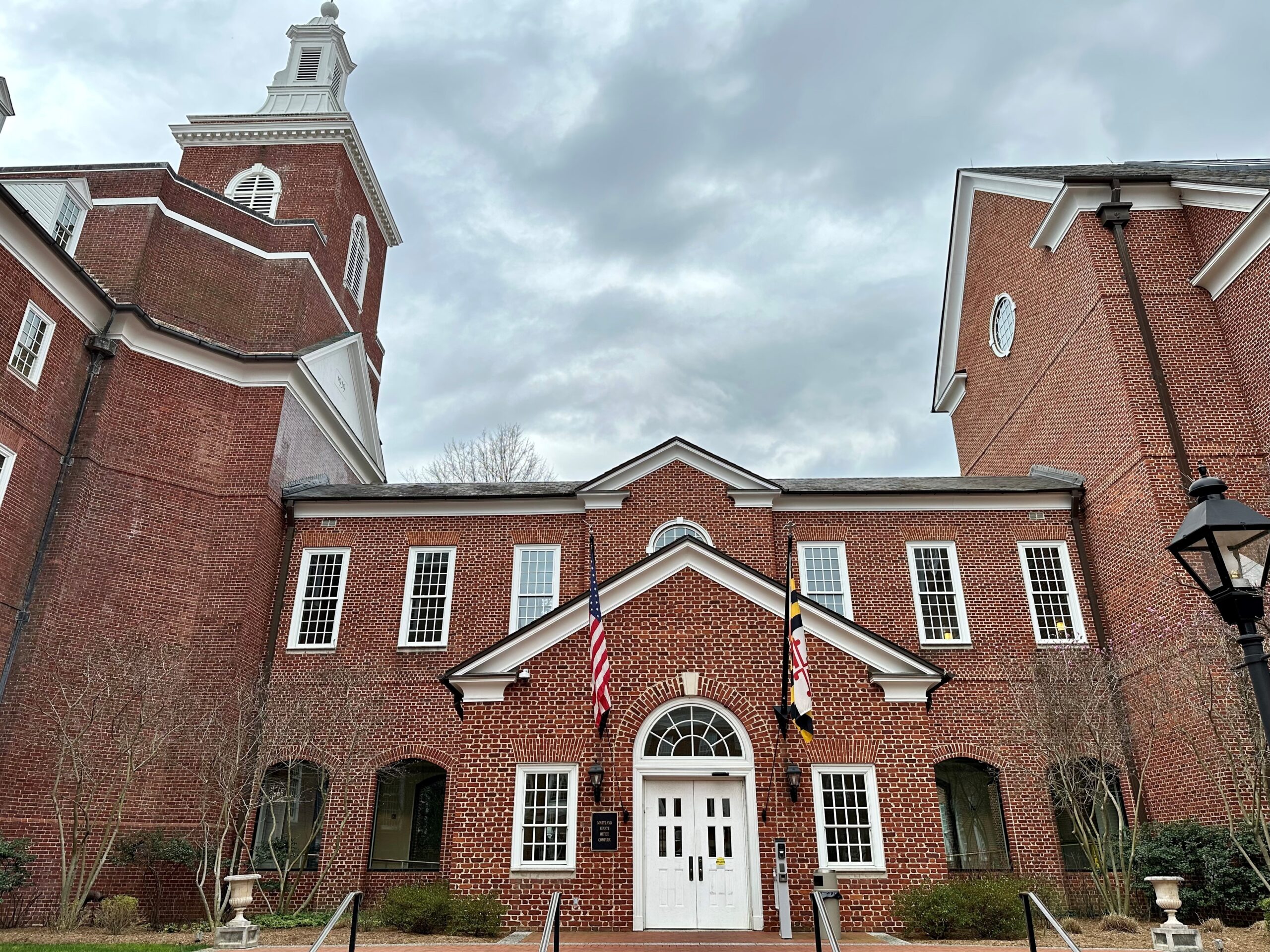
We read with interest the guest commentary “Prince George’s Needs an All-Elected School Board” [Maryland Matters, Nov. 12] written by the leadership of the Prince George’s County Civic Federation, Joe Brice and David L. Cahn.
Let us first dismiss the charge of racism offered by the writers as a premise for their disagreement with a hybrid school board in Prince George’s County.
Prince George’s County is majority-minority African-American jurisdiction. There are two other Maryland counties with a hybrid school board structure but no majority-minority population — Caroline and Harford. Four other jurisdictions — Baltimore City and Anne Arundel, Baltimore and Wicomico counties — have school boards appointed by the governor with the recommendation of their respective county executives. The remaining 17 Maryland counties have fully elected boards.
Therefore, racism is not an effective argument for opposing the hybrid model in Prince George’s County.
Responding to a then-growing opposition to the elected school board, buoyed by 1990s headlines about political misconduct and misappropriations, the state legislature voted in 2002 to dismantle the elected school board and establish a fully appointed board of education. During its four-year term, the appointed board of subject-matter professionals achieved an unmatched success without the distraction of scandal.
The mission to “advance the achievement of its diverse student body through community engagement, sound policy governance, accountability and fiscal responsibility” was well-served.
The current hybrid structure of elected and appointed members was established in 2013 by the Maryland state legislature through House Bill 1107.
While there have been a few bumps in the road, the members who are appointed by the county executive and county council reflect an assembly of professionals with experience and expertise beyond measure and the space allotted here.
Appointed chair Alvin Thornton has nearly 40 years in higher education administration. Elected member Sonya Williams, who was first appointed to the board, is a civil engineer with 25 years of experience in project management and construction and real estate development. Appointed member Curtis Valentine is the father of two students in the county’s school system, and he is a policy advocate for men and boys, an educator and a researcher.
Appointed member and attorney D. Paul Monteiro Jr. is a graduate of a Prince George’s County public school with experience in the federal government and higher education. Appointed member Sandra Shephard, parent of county public school students, has experience in outreach and management services for Latino youth and workforce development.
It is important to note that the hybrid structure also includes elected board members whose experience offer great benefits.
Pamela Boozer-Strother, the parent of a county public school student, has worked in association management and is a nonprofit organization consultant. Belinda Queen is a community advocate, retiree, and mother, grandmother and foster parent to numerous Prince George’s County Public Schools graduates and students. These members bring higher education degrees and established records of community service and advocacy to their service on the school board.
Together, the county’s hybrid board provides the consistency, competency and credibility needed to move our school system toward success.
A far greater concern is that a recent high school or college graduate with little or no professional or management experience can be an elected board member with oversight responsibility of the school system’s multibillion-dollar budget, which funds the livelihood of education professionals, the education of our children who must be college and career ready, numerous union and contract agreements, and the infrastructure of more than 200 school facilities.
Eliminating the appointed members of the Prince George’s County Board of Education, as proposed in the Brice/Cahn opinion piece and by members of the Maryland legislature with the support of several elected school board members, represents a narrow vision at a time when we can least afford to upset a successful balance of governance.
Instead, we should be celebrating the diversity, breadth and depth of experience that a hybrid school board affords us.
— LAVONN REEDY THOMAS AND DIETTRA LUCAS
The writers are, respectively, executive director and treasurer of Majority Minority Inc., a 501c4 political advocacy group based in Upper Marlboro.




 Creative Commons Attribution
Creative Commons Attribution